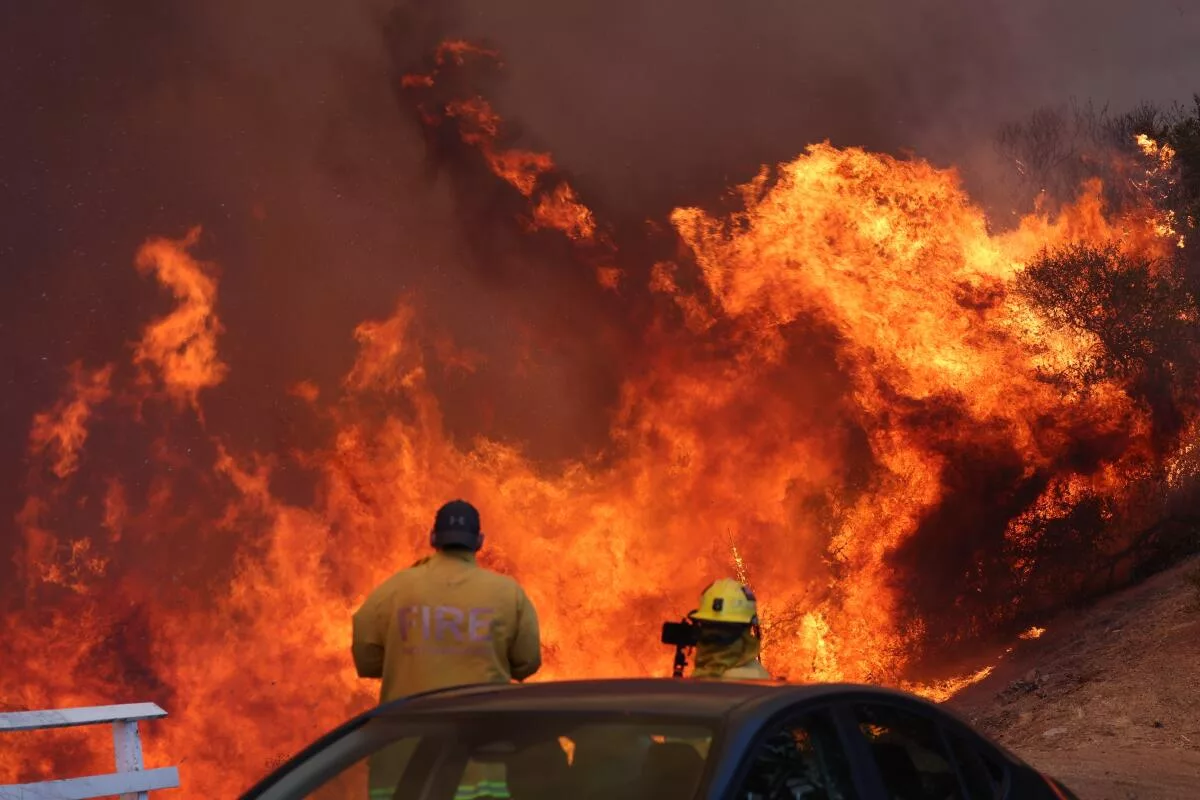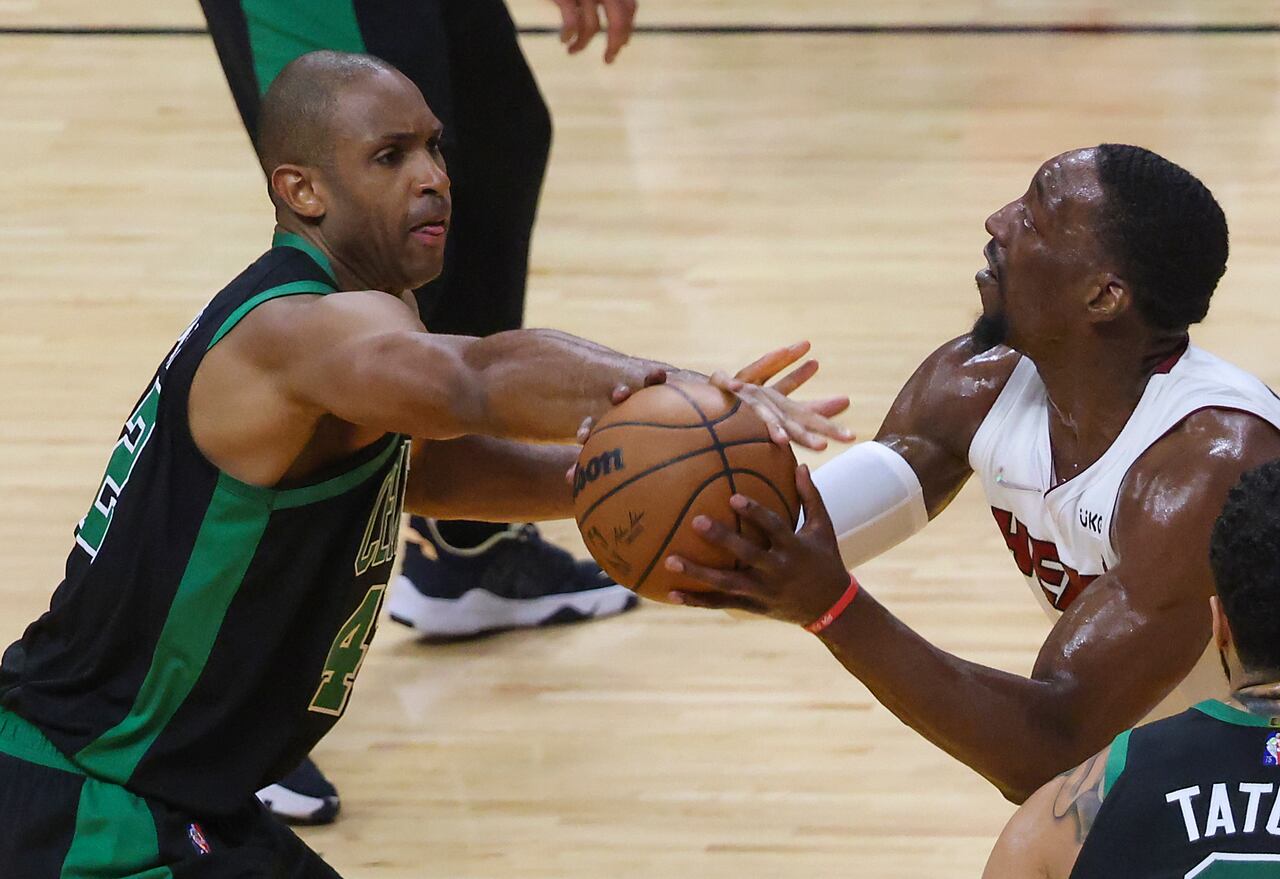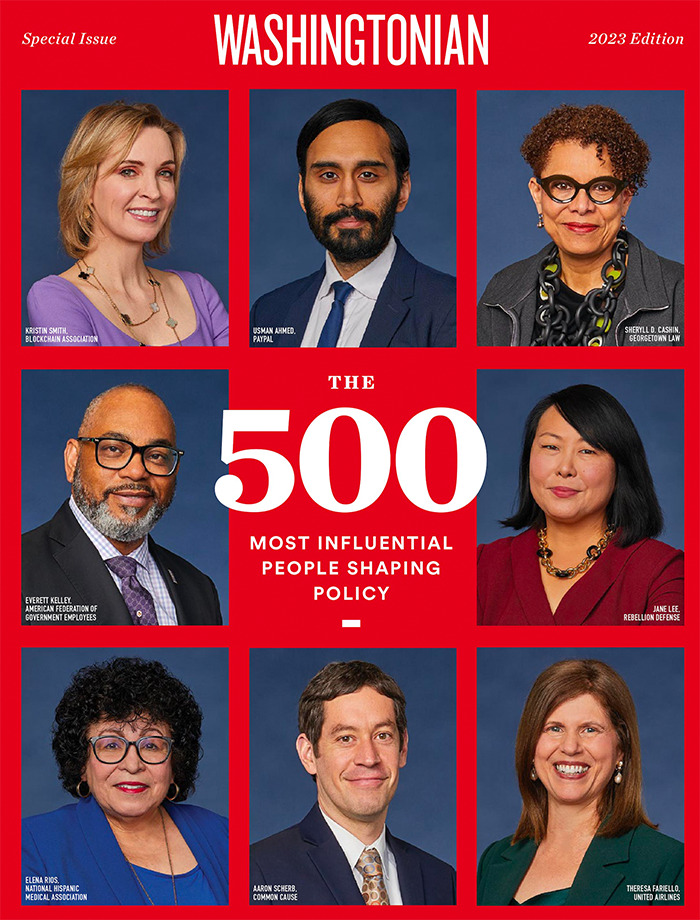Los Angeles Wildfires: A Case Study In The Growing Market For Disaster-Related Betting

Table of Contents
The Mechanics of Disaster Betting
How it Works
Disaster betting, including wildfire betting, operates similarly to other speculative markets. Platforms offer odds on various aspects of a wildfire event, mirroring the complexity of the risk involved. For example, regarding the Los Angeles wildfires, bets could be placed on:
- Binary bets: Will a major wildfire occur in Los Angeles County within the next year? (Yes/No)
- Spread bets: What will the total acreage burned in the next wildfire season be? (Over/Under a certain number of acres)
- Specific event bets: Will a specific neighborhood be evacuated due to a wildfire? (Yes/No)
These platforms utilize historical wildfire data, climate models, and even insurance and reinsurance data to set the odds. The more sophisticated platforms incorporate sophisticated predictive models, factoring in factors like fuel conditions, weather patterns, and proximity to populated areas. The role of insurance and reinsurance data is crucial, as it reflects the assessed risk and potential payouts associated with such events.
Who is Involved?
The participants in disaster betting markets are diverse:
- Individual bettors: These range from casual gamblers to sophisticated individuals seeking high-risk, high-reward opportunities. Some may be driven by speculation, while others might see it as a form of hedging against potential losses from property damage.
- Institutional investors: Hedge funds and other large investors may utilize disaster betting as a tool for diversifying their portfolios and hedging against potential losses in the insurance or reinsurance markets.
- Insurance companies: Some insurance companies may use this market as a form of hedging, offsetting potential payouts by taking the opposite position on a particular outcome.
- Catastrophe bond markets: These markets are closely related, utilizing similar risk assessment and prediction models to issue bonds linked to specific catastrophic events.
The Ethical and Social Implications
Concerns about Profiteering from Disaster
The ethical implications of betting on natural disasters are significant. Profiteering from the suffering and potential harm caused by wildfires raises serious moral concerns.
- Exacerbating Inequality: Those who can afford to bet on disasters may be indirectly profiting from the misfortune of others, potentially exacerbating existing inequalities.
- Impact on Disaster Relief Efforts: The focus on speculative markets may divert resources and attention away from crucial disaster relief and prevention efforts.
- Media Influence: Media coverage of wildfires and associated betting markets could inadvertently influence betting behavior and exacerbate anxieties.
The Accuracy of Predictions
The accuracy of predictive models used in disaster betting is a critical concern. While these models are becoming increasingly sophisticated, they still have inherent limitations:
- Limitations of Forecasting Models: Wildfires are complex events influenced by numerous unpredictable factors, making accurate long-term forecasting challenging.
- Potential for Bias and Misinformation: The algorithms used in predictive models could be susceptible to biases, potentially leading to inaccurate predictions and unfair outcomes.
- Climate Change's Influence: The increasing frequency and intensity of wildfires due to climate change further complicate accurate predictions.
The Regulatory Landscape of Disaster Betting
Current Regulations
The regulatory landscape surrounding disaster betting is fragmented and often unclear. In many jurisdictions, including California, the legal framework lags behind the rapid technological advancements in this area.
- Different Regulatory Approaches: Different regions have different approaches, with some actively regulating betting markets and others operating in a relatively unregulated space.
- Challenges in Regulating Online Platforms: The online nature of many disaster betting platforms makes regulation particularly challenging due to jurisdictional issues.
- Legal Ramifications: The legal ramifications for individuals and platforms involved in disaster betting are still largely undefined.
Future Regulatory Needs
The lack of clear regulations necessitates a proactive approach to address the ethical and societal concerns.
- Stricter Regulation: More stringent regulations are needed to ensure responsible market practices and prevent exploitation.
- Ethical Guidelines: Developing clear ethical guidelines for participants and platform operators is crucial.
- International Cooperation: International cooperation is essential to address the cross-border nature of online disaster betting.
Conclusion
The Los Angeles wildfires serve as a stark reminder of the growing market for disaster betting. This market, while potentially offering valuable risk assessment tools, raises significant ethical and social concerns. The mechanics of wildfire betting involve complex models and a diverse range of participants, from individual bettors to institutional investors and insurance companies. However, the accuracy of predictions, potential for profiteering, and the lack of clear regulation necessitate urgent action. We must engage in informed discussions about the future of disaster betting and advocate for responsible policies that balance technological innovation with ethical responsibility. Research current legislation and advocate for responsible policies concerning Los Angeles wildfire-related and other disaster betting markets. Let's strive to find a balance between technological advancement and ethical considerations in this rapidly evolving area.

Featured Posts
-
 2025 Indy Car Season A Rahal Letterman Lanigan Racing Outlook
May 11, 2025
2025 Indy Car Season A Rahal Letterman Lanigan Racing Outlook
May 11, 2025 -
 Division Title Secured Celtics Dominate Opponent
May 11, 2025
Division Title Secured Celtics Dominate Opponent
May 11, 2025 -
 Who Runs Washington Dc The 500 Most Influential In 2025
May 11, 2025
Who Runs Washington Dc The 500 Most Influential In 2025
May 11, 2025 -
 Stadium Track To Be Ready For Champs Resurfacing Underway
May 11, 2025
Stadium Track To Be Ready For Champs Resurfacing Underway
May 11, 2025 -
 Selena Gomezs Sassy Leather Dress Channel Your Inner Movie Star
May 11, 2025
Selena Gomezs Sassy Leather Dress Channel Your Inner Movie Star
May 11, 2025
